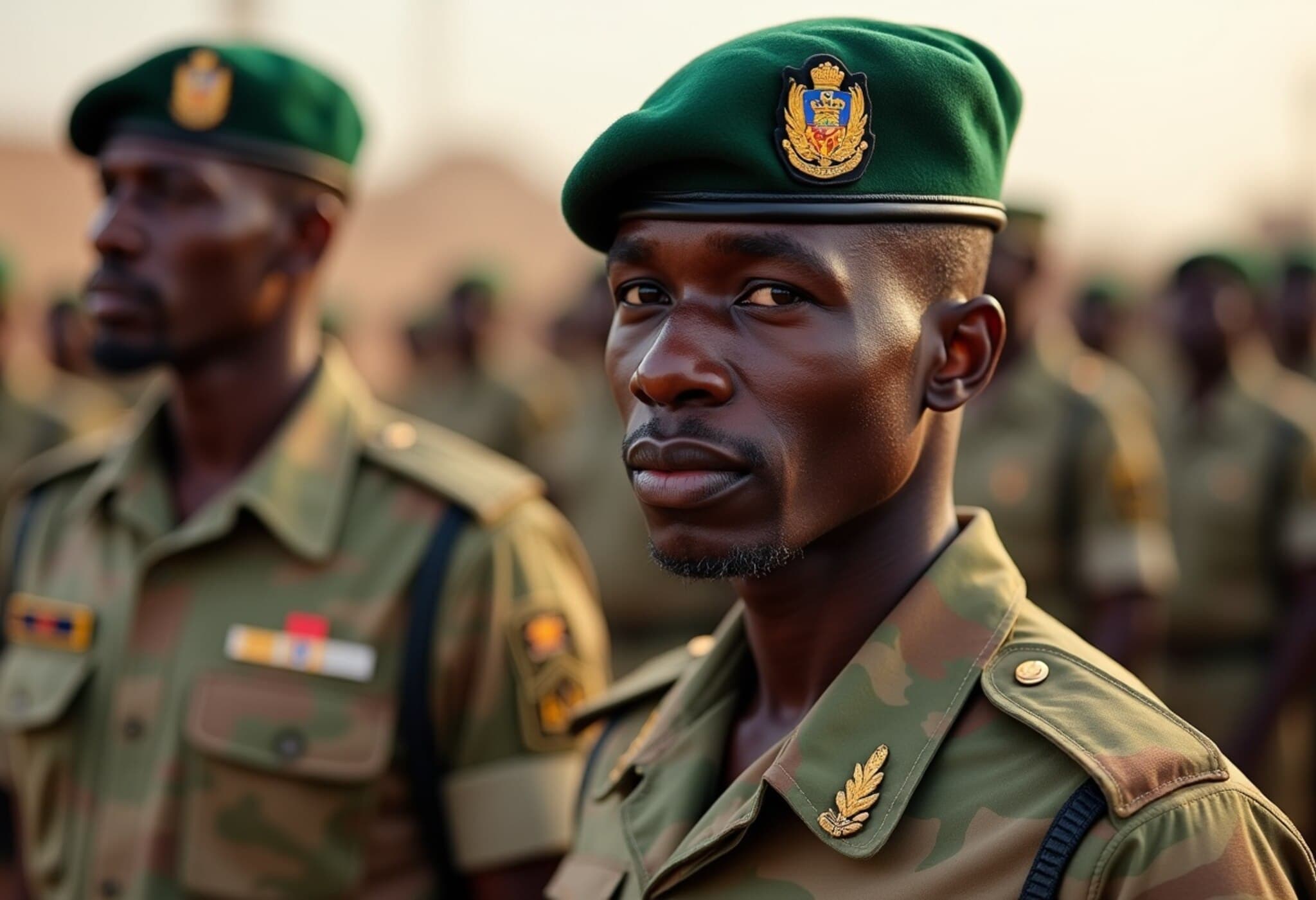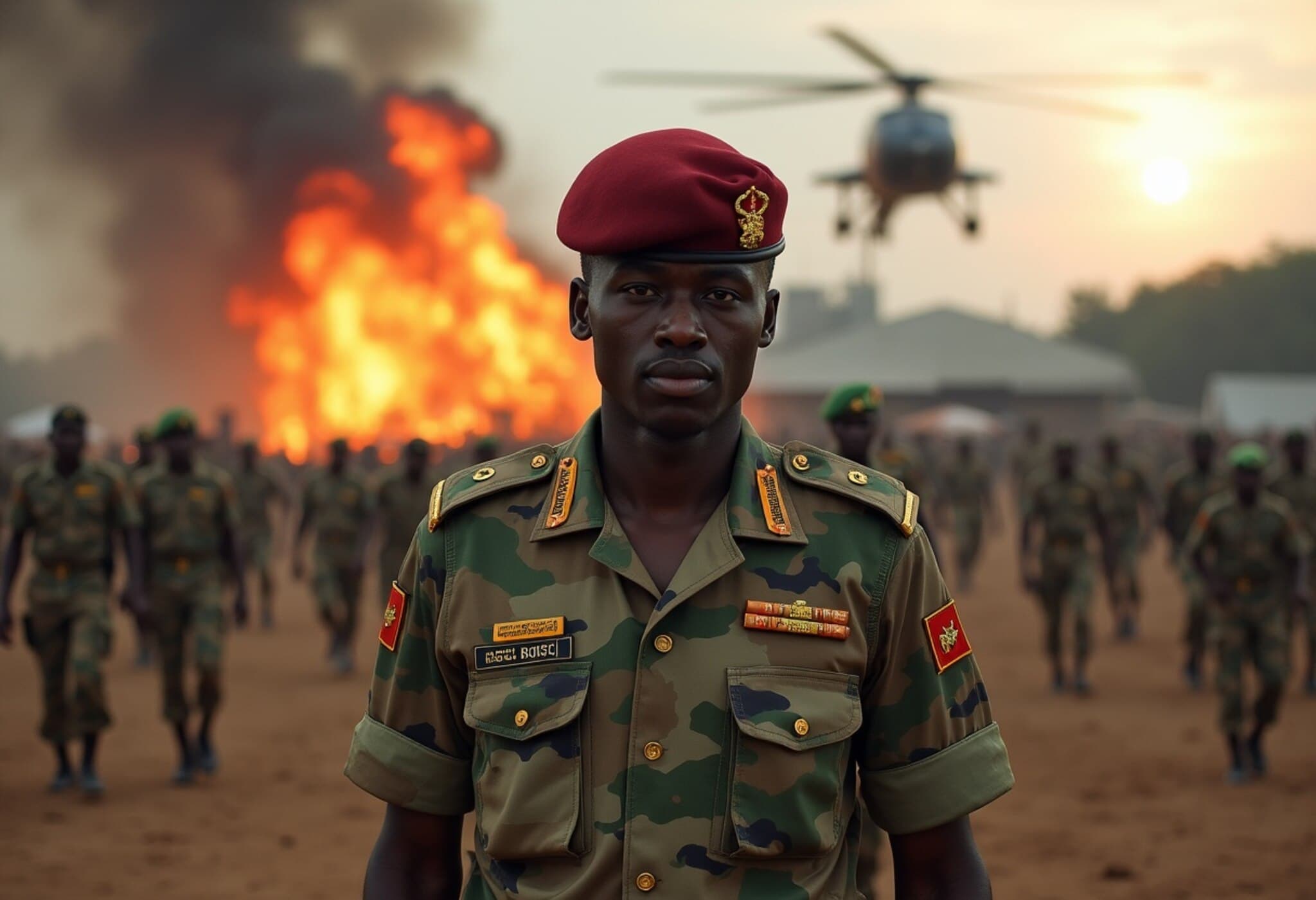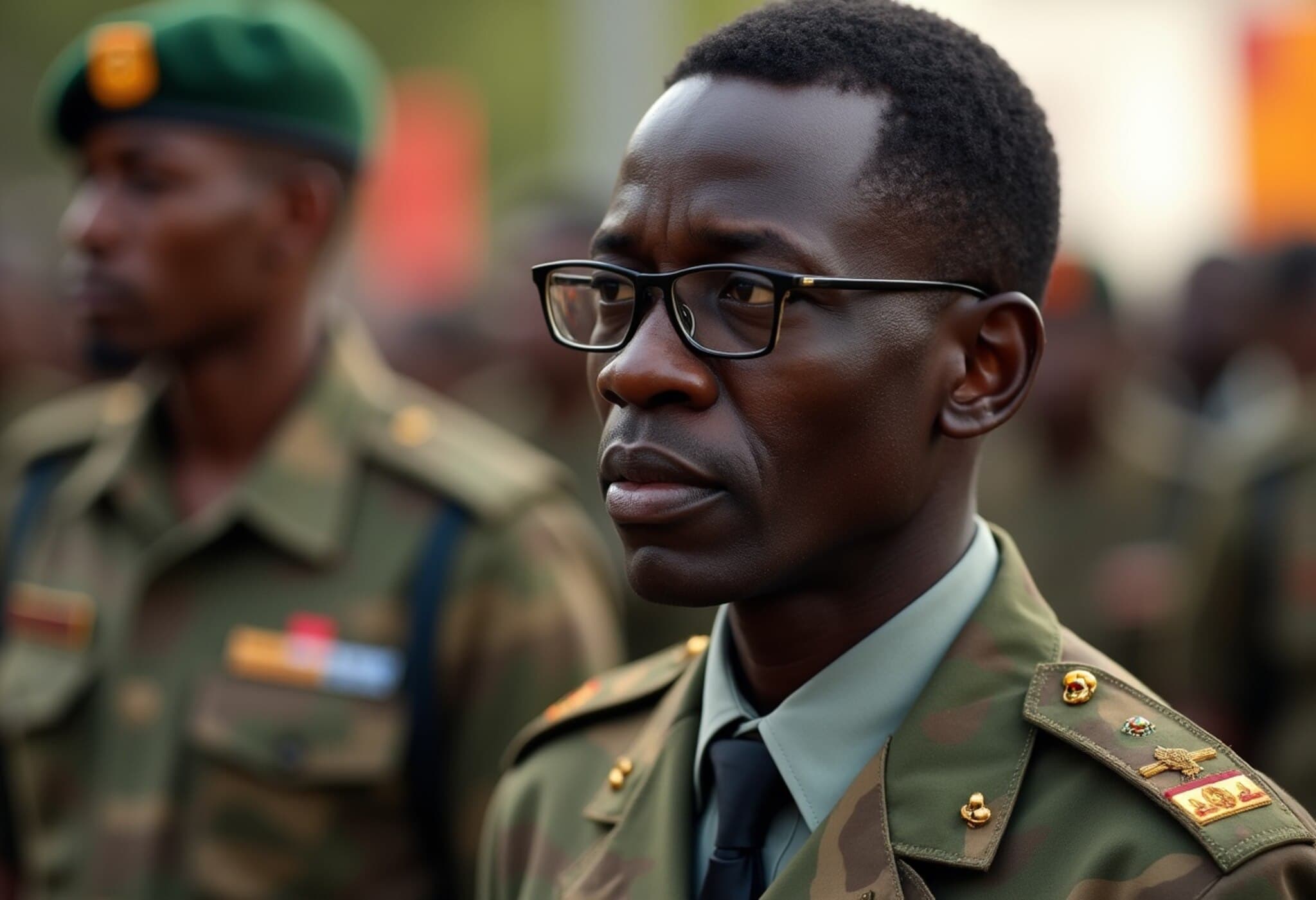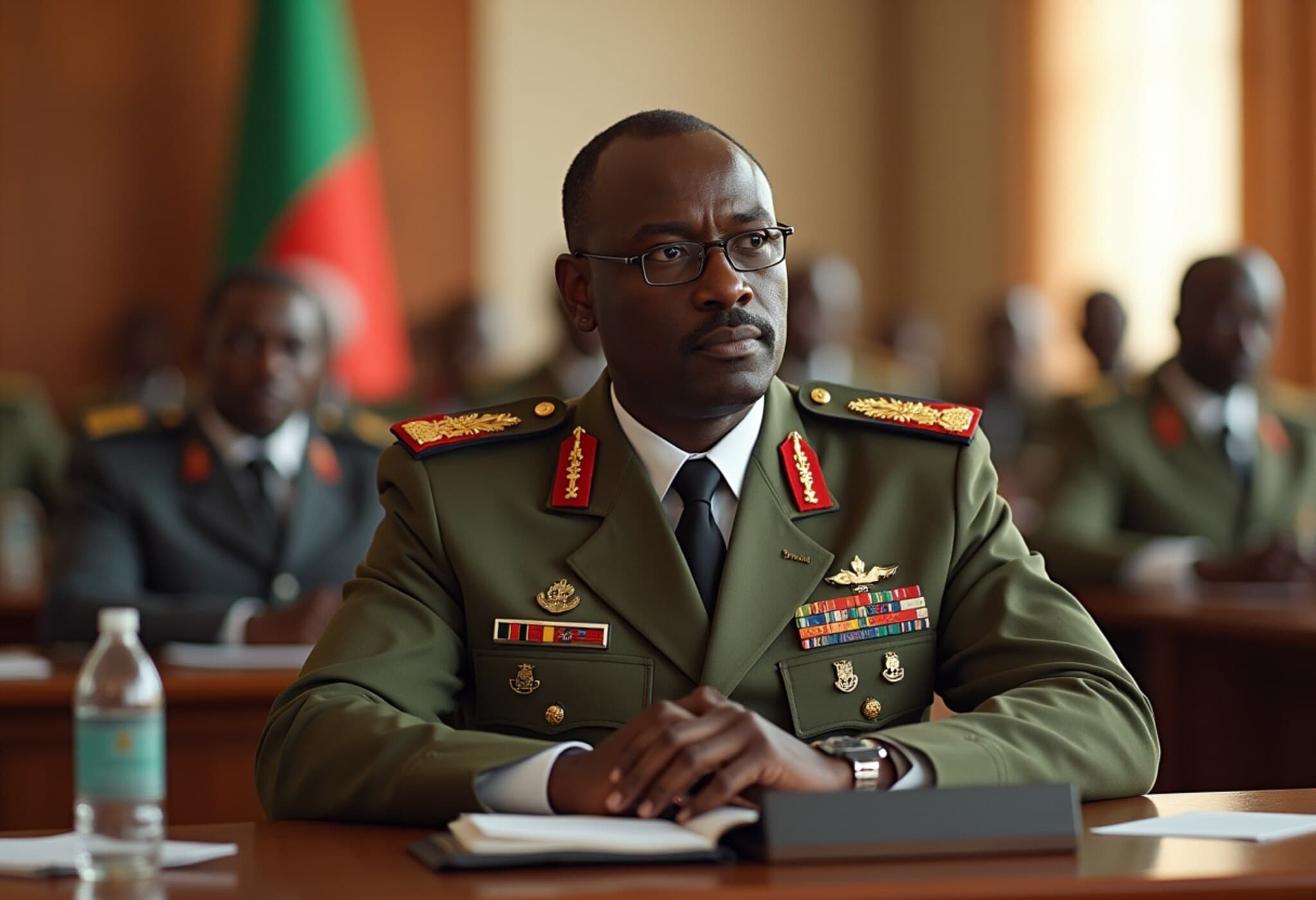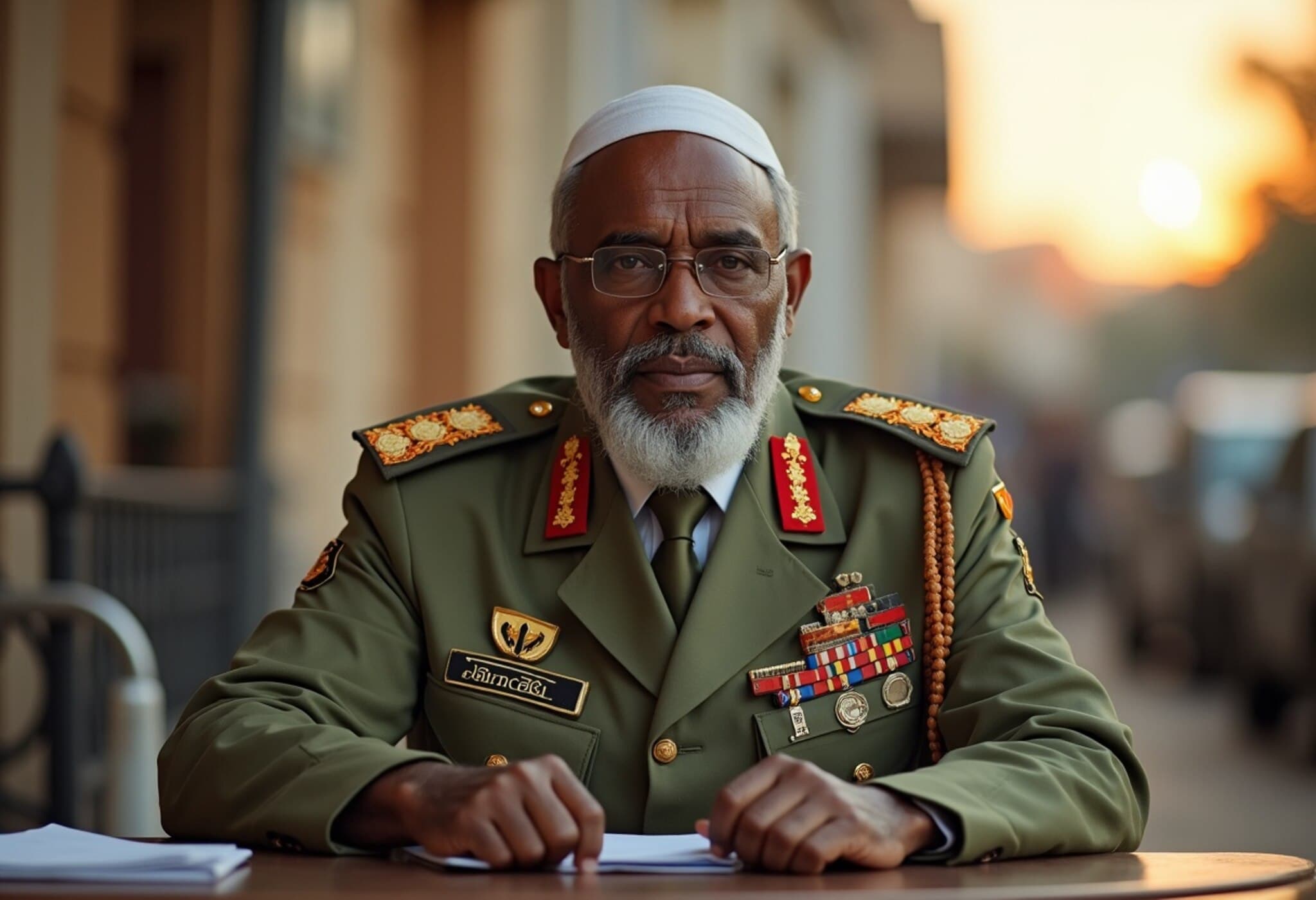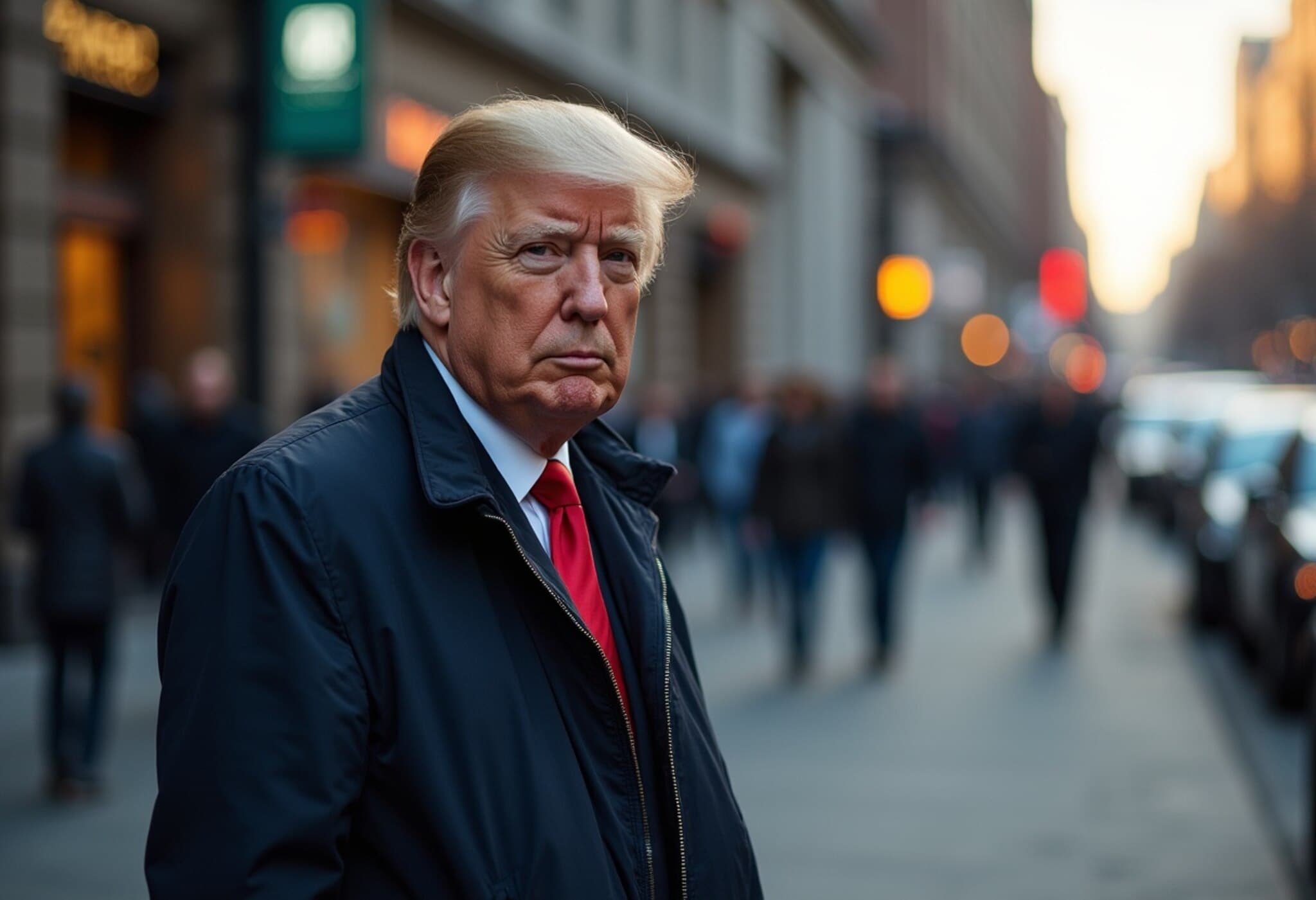Mali’s Ruling Junta Arrests Dozens Over Suspected Coup Plot
On August 10, 2025, Mali’s military government has intensified its crackdown by detaining dozens of soldiers, including the notable General Abass Dembele, on suspicion of orchestrating a plot to overthrow the current regime. These developments highlight the deepening fissures within Mali’s armed forces and underscore the persistent challenges facing the West African nation.
Details of the Arrests and Allegations
According to multiple sources speaking to AFP, roughly 50 soldiers have been apprehended in connection with what the military describes as an “attempt to destabilise the institutions.” A security insider noted that arrests began three days prior, emphasizing that the military has taken decisive steps to prevent any move against the governing junta.
Prominently among those arrested is General Abass Dembele, a respected military commander and former governor of Mopti, a district frequently in the spotlight due to both strategic significance and security concerns. Sources close to Dembele reported that he was detained early Sunday in Kati, near the capital Bamako, without immediate explanation from the authorities.
Context: Turbulent History and Regional Instability
Mali has been mired in crisis since 2012, with jihadist insurgencies linked to Al-Qaeda and ISIS wreaking havoc across the Sahel region. Following back-to-back coups in 2020 and 2021, the junta tightened its grip, but this did not quell the multifaceted turmoil—instead, it intensified public distrust and internal dissent within military ranks.
- Security challenges: Persistent Islamist militant attacks destabilize wide swaths of Mali.
- Economic strain: The regional economy faces significant pressures amid ongoing conflict and governance disruptions.
- Shifting alliances: The junta has distanced itself from France, its former colonial ruler, pivoting toward Russian support, notably through paramilitary groups like Wagner and Africa Corps.
Despite external military support, including Russian mercenaries who have bolstered anti-jihadist operations, Mali continues to face severe challenges containing insurgency. Moreover, both Malian soldiers and Russian forces face accusations of human rights abuses, complicating local perceptions and morale.
Growing Friction Within the Armed Forces
Experts like sociologist Oumar Maiga observe that this wave of arrests signals internal discontent among Mali’s soldiers. “There are clear grumblings within the army ranks,” Maiga explained, highlighting that some Malian troops feel sidelined as foreign mercenaries receive preferential treatment.
Such dissatisfaction could have broader implications, potentially undermining military cohesion at a sensitive juncture when unity is crucial to maintaining control and addressing widespread security concerns.
What Lies Ahead for Mali?
This purge underlines the fragility of Mali’s transitional government and raises vital questions about the sustainability of its current security strategy. Regional analysts suggest that unless the junta can reconcile internal divisions and address grievances within the military, Mali risks further instability, which could embolden insurgent factions and deepen humanitarian crises.
The international community watches closely, as Mali’s trajectory affects broader Sahel security dynamics and international counterterrorism efforts.
Editor’s Note
Mali’s recent arrests illuminate a complex interplay of power struggles, external influences, and security threats that pose significant risks to regional stability. As the junta faces dissent from within, the question remains: Will internal repression deter further fractures, or will it exacerbate the instability that has plagued Mali for over a decade? Readers should consider the implications of foreign mercenary involvement and the ethical dilemmas raised by allegations of abuses amidst counterterrorism efforts. Close monitoring of Mali’s evolving political landscape is essential for understanding the broader fate of the Sahel region.

